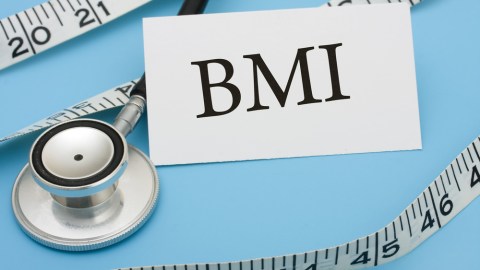Why the Body Mass Index Is an Insufficient Guide to Health

What’s the Latest Development?
Several high-profile studies have confirmed that some people classified as obese by the Body Mass Index may outlive those with normal weight, suggesting that while the BMI is a pretty good measurement of disease risk, it is not perfect. A team of researchers, writing in the journal Science, believe this is because the BMI does not “accurately measure fat content, reflect the proportions of muscle and fat, or account for sex and racial differences in fat content and distribution of intra-abdominal (visceral) and subcutaneous fat.” The researchers call for more accurate, practical, and affordable measurements of health as it relates to weight.
What’s the Big Idea?
Increasingly, scientists have begun to recognize that some fats are worse than others. As a result, it is estimated that ten percent of US adults classified as obese by the BMI are metabolically healthy. “Visceral fat, which often wraps deep around the belly, plays a role in the metabolic syndromes that increase the risk of diabetes and cardiovascular disease. A kind of flabby tissue called subcutaneous fat that lies just under the skin may not be as bad and can may even sometimes protect health.” A new index dubbed the Body Shape Index, which examines where fat deposits are stored on the body, may prove a more sophisticated measurement.
Photo credit: Shutterstock.com





